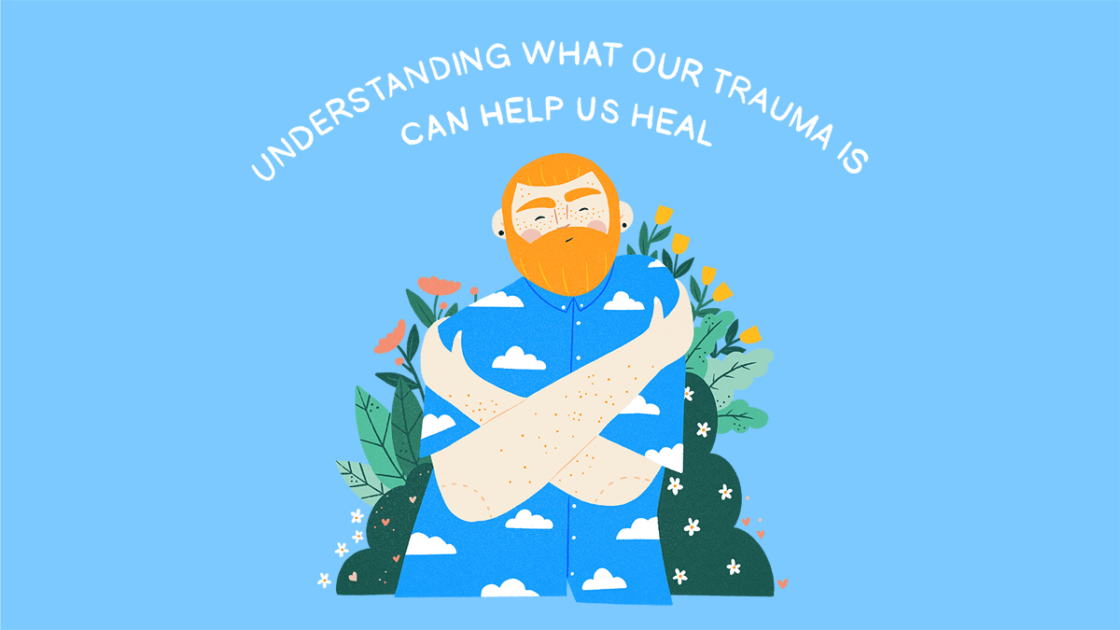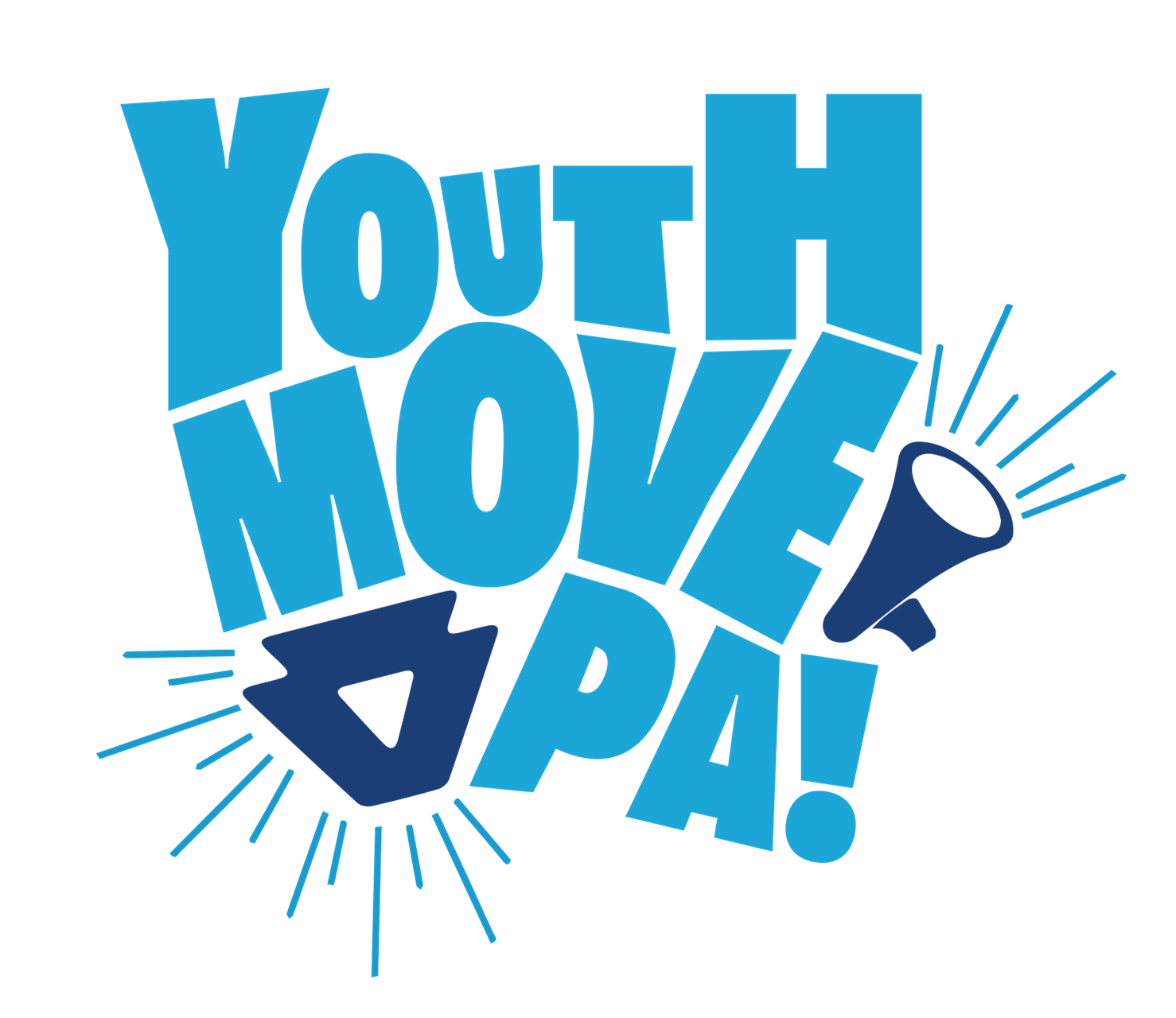TRAUMA RESOURCES
What is Trauma?

Trauma is the lasting emotional response that often results from living through a distressing event. Experiencing a traumatic event can harm a person’s sense of safety, sense of self, and ability to regulate emotions and navigate relationships. Long after the traumatic event occurs, people with trauma can often feel shame, helplessness, powerlessness and intense fear.
Trauma has no boundaries regarding age, gender, socioeconomic status, race, ethnicity, or sexual orientation. Trauma is a common experience for adults and children in American communities, and it is especially common in the lives of people with mental and substance use disorders. For this reason, the need to address trauma is increasingly seen as an important part of effective behavioral health care and an integral part of the healing and recovery process.
Source: Trauma | CAMH, Trauma and Violence - What is Trauma and the Effects? | SAMHSA
Understanding Trauma
- Resource Guide to Trauma-Informed Human Services | The Administration for Children and Families (hhs.gov): This guide provides human services leaders at the local, State, Tribal, and Territorial levels with information and resources on recent advances in our understanding of trauma, toxic stress, and executive functioning. The guide helps professionals learn about trauma-informed care and helps those currently engaged in trauma-informed work to improve their practice.
- Trauma Initiatives & Resources - DBHIDS: List of trauma initiatives and resources from the City of Philadelphia.
- How childhood trauma affects health across a lifetime | Nadine Burke Harris | TED (youtube.com): Childhood trauma isn’t something you just get over as you grow up. Pediatrician Nadine Burke Harris explains that the repeated stress of abuse, neglect and parents struggling with mental health or substance abuse issues has real, tangible effects on the development of the brain.
- Adverse Childhood Experiences (ACEs) (cdc.gov): Adverse childhood experiences (ACEs) can have a tremendous impact on future violence victimization and perpetration, and lifelong health and opportunity. CDC works to understand ACEs and prevent them.
- Home (acesconnectioninfo.com): PACEs Connection is a social network that recognizes the impact of a wide variety of adverse childhood experiences (ACEs) in shaping adult behavior and health, and that promotes trauma-informed and resilience-building practices and policies in all families, organizations, systems and communities. We support communities to accelerate the science of positive and adverse childhood experiences to solve our most intractable problems.
- About PCAR | PCAR: The mission of the Pennsylvania Coalition to Advance Respect is to work to eliminate all forms of sexual violence and to advocate for the rights and needs of victims of sexual assault.
- Understanding Child Trauma - What is Childhood Trauma? | SAMHSA: Recognize the signs of child traumatic stress and the impact that trauma may have on children. The infographic developed by SAMHSA’s National Child Traumatic Stress Initiative (NCSTI) provides information on the prevalence and impact of traumatic events on children, and what actions can be taken to support children who experience traumatic events.
Resources for Trauma-Impacted Individuals
- Trauma Survivors Network | Organizations/Resources: List of resources for trauma survivors.
- Trauma Resource List - Trauma-Informed Care in Behavioral Health Services - NCBI Bookshelf (nih.gov): Online resources accessible to the public for free or as part of an organization membership.
- Resources for People who Have Experienced Trauma | NAMI Massachusetts: This is a resource list for people who have experienced trauma.
- RAINN | Rape, Abuse and Incest National Network: Use this tool to find help near you. This list is made up of independent sexual assault service providers, including National Sexual Assault Hotline affiliate organizations and other local providers. Staff at these programs are dedicated to helping survivors in your area.
Post-Traumatic Growth

Post-traumatic growth, or PTG, is defined as "positive psychological changes experienced as a result of the struggle with trauma or highly challenging situations”. This phenomenon should be considered not as an alternative, but as a parallel process with respect to negative psychological consequences. PTG may feature positive changes in self-perception, interpersonal relationships and philosophy of life, leading to increased self-awareness and self-confidence, a more open attitude towards others, a greater appreciation of life and the discovering of new possibilities.
Source: Post Traumatic Growth (PTG) in the Frame of Traumatic Experiences - PMC (nih.gov)
More information on Post-Traumatic Growth:
- Growth After Trauma (hbr.org): Growth After Trauma from Harvard Business Review
- From Post-Traumatic Stress to Post-Traumatic Growth (healthline.com): Post-Traumatic Growth: How to Start Healing from Healthline.
- Growth after trauma (apa.org): Growth after trauma: Why are some people more resilient than others—and can it be taught? from the American Psychological Association


